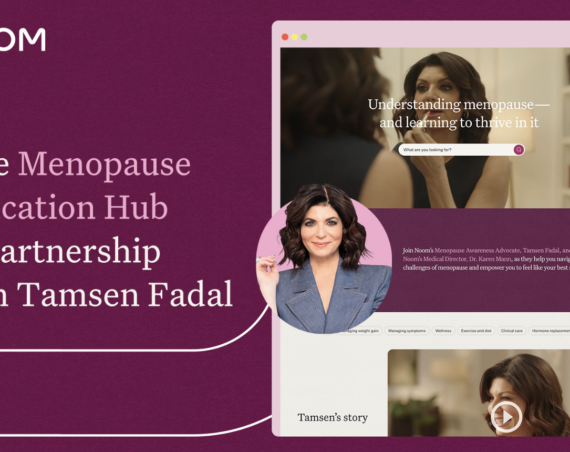
In a world where “there’s an app for that” is more than just a slogan, navigating the plethora of health-related applications can be daunting for consumers. This is particularly true when it comes to finding accurate and reliable information about abortion.
A group of researchers set out to analyze the mobile app landscape in this critical area of women’s health. Their recently published research paper titled “There’s an App for it: A systematic review of mobile apps providing information about abortion using a revised MARS scale” provides a systematic review of these apps. The team, led by Bianca M. Stifani and Roopan K. Gill, conducted an extensive investigation of the mobile apps found in the iTunes and Google Play stores, providing a much-needed guide through the morass of health apps.
The researchers used the validated Mobile App Rating Scale (MARS), which assesses engagement, functionality, aesthetics, and the quality of information. They also considered other abortion-specific elements, such as target population and reach, and the number of desirable abortion-specific features. Out of the 282 apps initially identified, most were either not abortion-specific or irrelevant to the topic. After excluding 37 apps that sought to discourage users from seeking an abortion, only 10 apps remained for the final review.
The Euki app took the top spot with an overall score of 4.0. Half of the apps received a score of 3.0 or greater. Most of the apps had few desirable design features, and there was a notable divide between apps that provided significant information but had poor functionality, and those that were highly functional but offered less information.
This review highlights the need for apps that both provide reliable information about abortion and deliver it in a user-friendly manner. Consumers deserve access to comprehensive, accurate information that supports their decision-making process, and developers have the opportunity to fill this gap. The research also serves as a reminder of the ever-evolving intersection of technology and health care. As we navigate this digital landscape, it’s crucial to remember that the quality of the apps we use can significantly impact our health decisions.
To app developers and healthcare professionals, this study delivers a clear message: When it comes to health apps, quality cannot be sacrificed for quantity. There is a pressing need for reliable, user-friendly apps that provide accurate information about abortion, ensuring that women everywhere have access to the resources they need to make informed decisions about their health.
In a world overflowing with apps, let’s make sure the ones that matter most don’t get lost in the shuffle.



